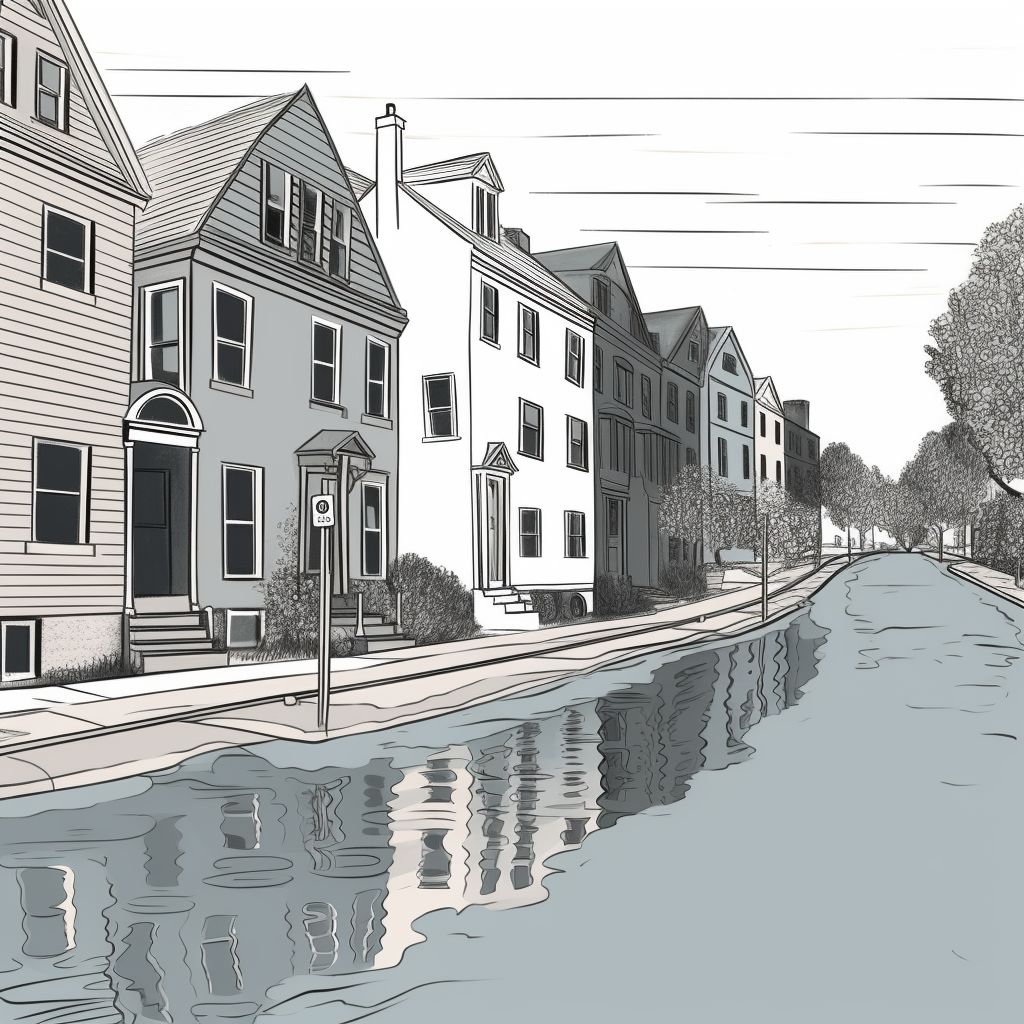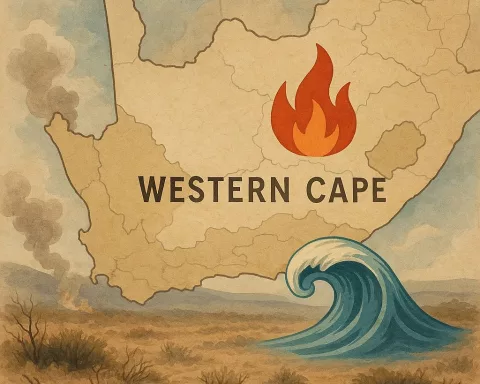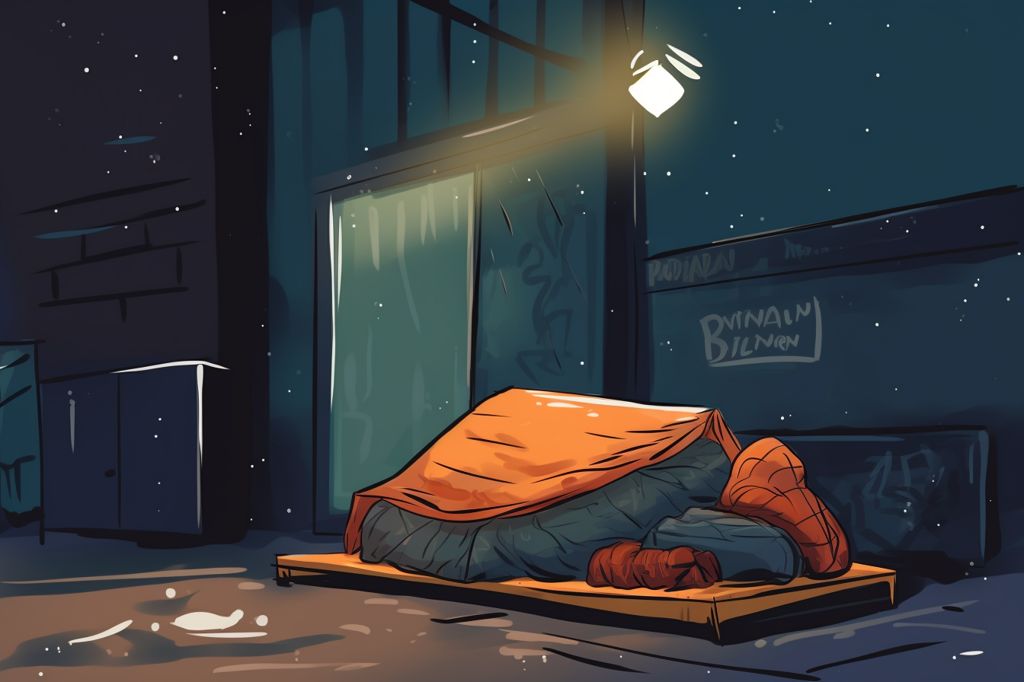The Western Cape Government is bracing itself for a challenging winter season, made worse by cold weather and extended load shedding. During a Disaster Management Centre briefing, Anton Bredell, Western Cape Minister of Local Government, Environmental Affairs, and Development Planning, emphasized the importance of readiness in the face of these challenges.
First Winter Cold Front Expected
The Western Cape, Eastern Cape, and Northern Cape are expected to be impacted by the first powerful winter cold front beginning Thursday afternoon. There will be significant variations in rainfall across these regions. The South Coast may receive 40-50mm of rainfall from Friday to Sunday, Cape Town about 10-20mm from Thursday into Friday, and Cape Winelands likely experiencing 30mm from Thursday to Saturday. High-lying areas of the interior are predicted to experience cold temperatures averaging 10°C, and some light snow may even appear on mountain peaks towards the end of the week. However, temperatures are expected to increase starting on Sunday.
Disaster Risk Management Challenges
Bredell explained that the combination of cold winter conditions and load shedding introduces a new set of disaster risk management challenges. The province’s disaster management centers are prepared to handle winter difficulties such as flooding or wind damage even during extended load shedding periods. Rescue services have backup power and sufficient fuel reserves on hand, and local municipalities have been allocated R89 million for backup generators to maintain essential water and sewage systems.
Fire Risks Increase
Provincial fire services are ready for the seasonal shift in focus from summer wildfires to urban fires during the winter months. Bredell noted that informal settlements are especially vulnerable to fires, as a single cooking fire accident can quickly spiral out of control and destroy entire settlements. This winter’s added challenge of load shedding might worsen these risks, as more people will rely on open fires for cooking and heating their homes. Consequently, fire risks may increase in both established neighborhoods and informal settlements.
Smoke Alarms Installed
To help reduce these hazards, the Department of Local Government has already installed over 13,000 smoke alarms in informal settlements. Bredell strongly encourages all residents to exercise caution when using open fires, gas heating, or candles this winter and to consider investing in a smoke alarm to protect their families.
As the Western Cape prepares for a cold winter with load shedding, vigilance and preparedness will be crucial for maintaining the safety and well-being of all inhabitants. The province’s disaster management centers are ready to handle the challenges, and residents must also take necessary precautions to reduce risks.












